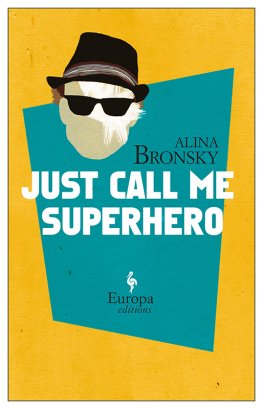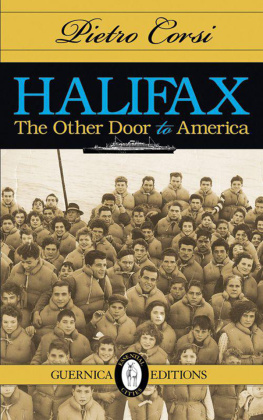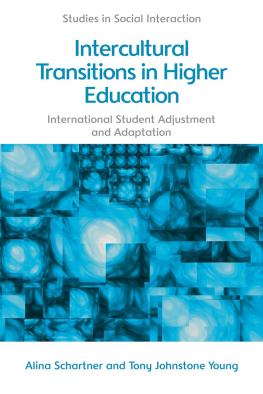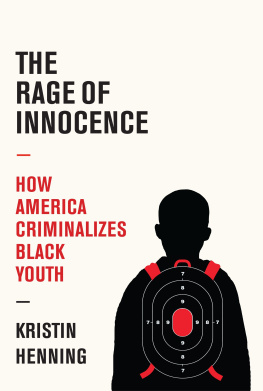Alina Das - No justice in the shadows : how America criminalizes immigrants
Here you can read online Alina Das - No justice in the shadows : how America criminalizes immigrants full text of the book (entire story) in english for free. Download pdf and epub, get meaning, cover and reviews about this ebook. year: 2020, genre: Politics. Description of the work, (preface) as well as reviews are available. Best literature library LitArk.com created for fans of good reading and offers a wide selection of genres:
Romance novel
Science fiction
Adventure
Detective
Science
History
Home and family
Prose
Art
Politics
Computer
Non-fiction
Religion
Business
Children
Humor
Choose a favorite category and find really read worthwhile books. Enjoy immersion in the world of imagination, feel the emotions of the characters or learn something new for yourself, make an fascinating discovery.

No justice in the shadows : how America criminalizes immigrants: summary, description and annotation
We offer to read an annotation, description, summary or preface (depends on what the author of the book "No justice in the shadows : how America criminalizes immigrants" wrote himself). If you haven't found the necessary information about the book — write in the comments, we will try to find it.
Alina Das: author's other books
Who wrote No justice in the shadows : how America criminalizes immigrants? Find out the surname, the name of the author of the book and a list of all author's works by series.
No justice in the shadows : how America criminalizes immigrants — read online for free the complete book (whole text) full work
Below is the text of the book, divided by pages. System saving the place of the last page read, allows you to conveniently read the book "No justice in the shadows : how America criminalizes immigrants" online for free, without having to search again every time where you left off. Put a bookmark, and you can go to the page where you finished reading at any time.
Font size:
Interval:
Bookmark:
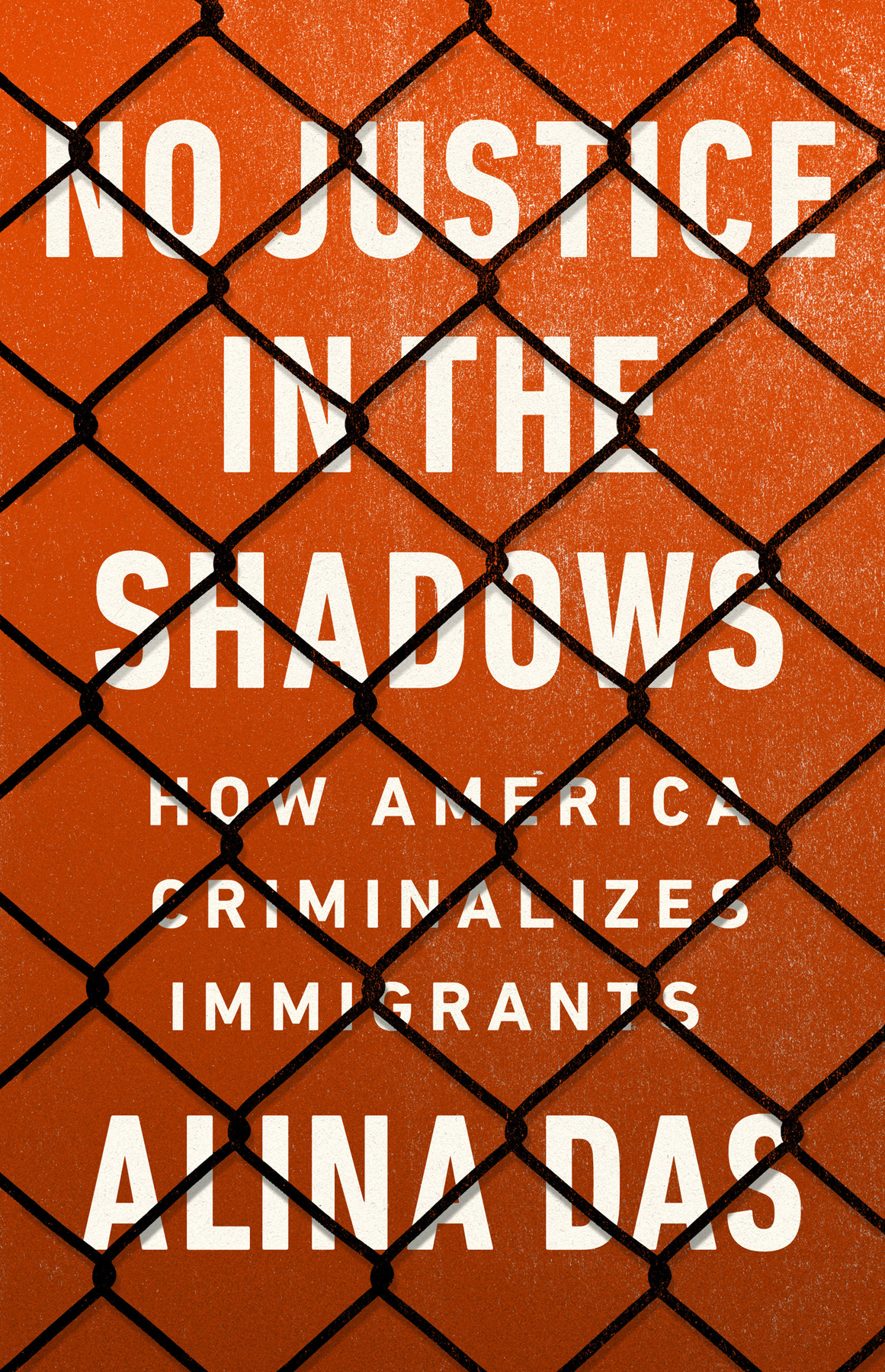
Copyright 2020 by Alina Das
Cover design by Pete Garceau
Cover copyright 2020 Hachette Book Group, Inc.
Hachette Book Group supports the right to free expression and the value of copyright. The purpose of copyright is to encourage writers and artists to produce the creative works that enrich our culture.
The scanning, uploading, and distribution of this book without permission is a theft of the authors intellectual property. If you would like permission to use material from the book (other than for review purposes), please contact permissions@hbgusa.com. Thank you for your support of the authors rights.
Bold Type Books
116 East 16th Street, 8th Floor, New York, NY 10003
www.boldtypebooks.org
@BoldTypeBooks
First Edition: April 2020
Published by Bold Type Books, an imprint of Perseus Books, LLC, a subsidiary of Hachette Book Group, Inc. Bold Type Books is a copublishing venture of the Type Media Center and Perseus Books.
The Hachette Speakers Bureau provides a wide range of authors for speaking events.
To find out more, go to www.hachettespeakersbureau.com or call (866) 376-6591.
The publisher is not responsible for websites (or their content) that are not owned by the publisher.
Library of Congress Control Number: 2019950511
ISBNs: 978-1-56858-946-6 (hardcover), 978-1-56858-945-9 (e-book)
E3-20200311-JV-NF-ORI
I SPENT THE LAST EVENING OF BARACK OBAMAS PRESIDENCY at the home of the Rev. Donna Schaper in New York City. Donna invited together a small group to support our friend, and my client, Ravi Ragbir. An immigrant rights leader who organized faith communities across the country, Ravi fought for the rights of other immigrants for a decade while his own deportation case hung in the balance. He lived and breathed the immigrant rights movement alongside his wife and fellow advocate, Amy Gottlieb.
The last several years had been tumultuous. But on this night, the stakes never felt higher. As the minutes slipped away, so too did our hope of protecting Ravi and Amy from what was to come.
For months, we had clung to the hope that President Obama would grant Ravi a pardon. Ravis deportation hinged on a single conviction that he had received fifteen years earlier, when his employer accused him of fraud. Ravi fought for his innocence at trial but was convicted. Like one in three adults in America, he now lived with a criminal record.Ravi was not an American citizen. For that reason, his single conviction threatened to strip him from his home, family, and communitypermanently.
Ravis battle against deportation was bruising. A federal immigration judge ordered his deportation without considering the hardship it would cause him or his family. Ravi spent two years in an immigration jail fighting his deportation order before he was released pending appeal. By that time, life as he knew it had been destroyed.
Ravi did not give up hope. After his release, he became an organizer. He answered desperate calls from people in immigration jails and came to other advocates like me to brainstorm ways to help people stay with their families. He eventually joined the New Sanctuary Coalition, mobilizing faith communities across the country to stand in solidarity with immigrants facing deportation. He later became the coalitions executive director.
Ravi and I became friends, and when I learned that he had a case of his own, I became his lawyer. We fought like hell for the day in court he never hada chance to tell his story and prove he shouldnt be deported. The law was not kind to us. But with every setback in his case, Ravi worked twice as hard to save someone else.
When the time came to pursue a pardon for Ravi from President Obama, the community stood with Ravi. Immigrant and civil rights leaders wrote endless letters, and thousands of community members signed petitions. Donna, Ravis longtime pastor and senior minister at Judson Memorial Church, was one of many prominent faith leaders who urged President Obama to grant Ravi this reprieve.
We knew, of course, that it would be an uphill battle. President Obama made a concerted effort late in his presidency to consider sentencing commutations, but he granted few pardonsa full and unconditional erasure of the consequences of a convictioncompared to prior administrations. The list of pending pardon applications was long, and time was running out. No matter, we thought. We could always shift our focus to the next president.
How would Ravi survive this next presidency? Suddenly the hope of being among President Obamas last remaining pardons was all we had left.
Hope. It was President Obamas promise, yet so fleeting for immigrants. President Obamas policies had helped to build a vast machinery for deportation. Three million people had been forcibly deported from the United States during the Obama administrationmore than during any other prior presidency.
It wasnt that President Obama shared his successors anti-immigrant views. To the contrary, he cared deeply about immigrants. He urged Congress to take on immigration reform and, in the vacuum, stepped in. Pushed by young activists, he created Deferred Action for Childhood Arrivals (DACA), a temporary, two-year reprieve from deportation for people who came to the United States as children. While he ramped up deportationsfocusing primarily on people who had criminal recordshe also urged immigration officials to exercise discretion in light of peoples individual circumstances.
To President Obama, and the long line of political leaders before him who straddled similar lines, these approaches went hand in hand. On one side were the worthy few who deserved to stay. DACAs youthful recipients, for example, came here through no fault of their own. In the words of President Obama, these young people and their families deserved to come out of the shadows and get right with the law.
On the other side were those who, by comparison, were not so deserving. Were going to keep focusing enforcement resources on actual threats to our security, President Obama explained. Felons, not families. Criminals, not children.
With these words, President Obama gave voice to the views held by millions of Americans who believe that we can achieve a more just immigration system by bringing the good immigrants out of the shadows. But where did that leave a person like Ravia hardworking man with a family and a felony conviction? On which side of the line between good and bad immigrants did he belong?
And so the shadows spread, as our political leaders debated who among us deserved to come into the light, just in time for a new administration to target more immigrants than ever before. As we feared, Ravi would be on that list.

FOR MANY YEARS , the dividing lines in our immigration policies were largely invisible to me. Immigrant communities were always being asked to get right with the law. We were rarely encouraged to ask whether the law is right.
My parents came to the United States from India decades ago. They were green card holders when my brother and I were born here, and they decided to stay. My parents still have a faded copy of the US Constitution that they were given when they became citizens.
America is our home, and it is the only home I have ever known. But in time it became clear that how we viewed America, and how America viewed us, were two different things. We loved our country. But not everyone here believed that we belonged. My parents accents, our brown skin, what we ate, how we prayedthese were the telltale signs that collectively marked us as foreigners despite our citizenship status.
Font size:
Interval:
Bookmark:
Similar books «No justice in the shadows : how America criminalizes immigrants»
Look at similar books to No justice in the shadows : how America criminalizes immigrants. We have selected literature similar in name and meaning in the hope of providing readers with more options to find new, interesting, not yet read works.
Discussion, reviews of the book No justice in the shadows : how America criminalizes immigrants and just readers' own opinions. Leave your comments, write what you think about the work, its meaning or the main characters. Specify what exactly you liked and what you didn't like, and why you think so.

